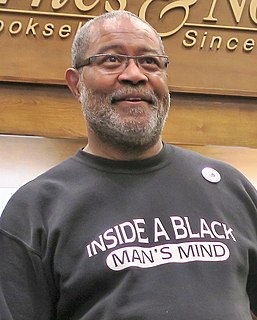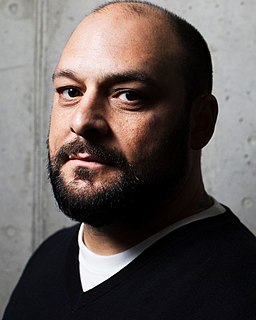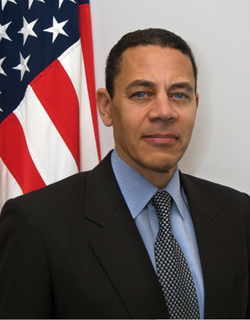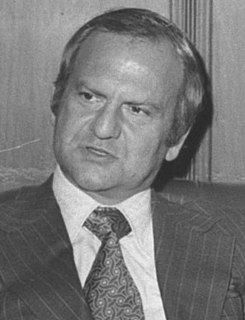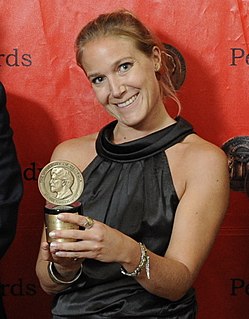A Quote by Frances Arnold
I learned how to navigate the world, and life's potholes, in Pittsburgh.
Related Quotes
Actually, I don't think most people join white supremacist groups because of the ideology or dogma. They gravitate to these groups because they've hit potholes in their lives and there are things they can't figure out how to navigate on their own. This might be bullying, parental abuse or neglect, mental or physical illness, or, for adults, unemployment.
Today in America many people are living in a virtual world. They enter it through an internet access device and they navigate freely around it, and those people who learn how to navigate better in that space are finding that they have better access to information about jobs and education and all the good things that our society produces.
There are certain realities about the world we live in. Syria and Iraq are just not going to get on air every day. For us as journalists, we're still trying to navigate this world. Journalism is changing. How do we tell our stories - especially with the wars that have continued for so long? How do we keep it relevant?
Trusting others puts us at risk. Yet failure to trust entails risk as well. The ability to navigate through this minefield successfully is one of life’s most valuable assets. DeSteno provides by far the best account of what science has learned about how we do this. The Truth About Trust is also a terrific read.
I am haunted by what my life would have been had I not had the courage in my early twenties to leave Pittsburgh for New York City and really commit to being a writer. Pittsburgh is both post-industrial and provincial, and the opportunities there are limited. It would have been quite easy to simply drift through life.


